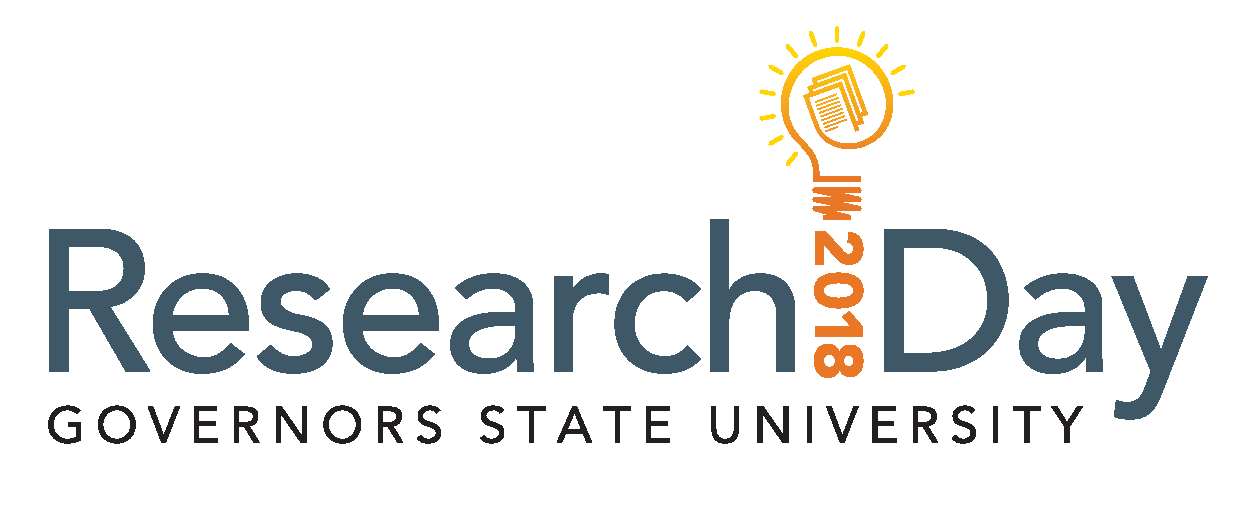
Poster Sessions - 2018 Research Day
Global Leadership
Type of Presentation
Poster Session
Location
Hall of Governors
Start Date
4-6-2018 12:30 PM
End Date
4-6-2018 2:00 PM
Abstract
It is evident that with the growth and development of our world, global leadership is becoming more important and more relevant in a variety of organizational platforms and political agendas. The purpose of this study is to discover and review what it means to lead globally. How an individual becomes successful within this leadership role is predicted through researching the most important competencies and characteristics of effective global leaders. An original intervention was also constructed to prove that there are a variety of strategies that can be implemented to better educate, coach, and train future leaders to be more prepared to lead with a global mindset. Higher education programs are one of the most applicable intervention strategies for developing future global leaders because the programs can be guided through focused curriculums and training methods taught by trained and experienced individuals in the field of leadership. Global leadership programs need to value transparency, authenticity, collaboration, action, and integrity as leaders will be working closely with individuals of various cultures and backgrounds. A primary focus of the higher education global leadership programs will be to immerse the more senior students into a corporation that communicates directly with diverse populations so that they are gaining first-hand experience as they near the completion of the program. It is vital to the success of the programs that students are not only educating themselves about diverse cultures and leadership but that they also have the opportunity to practice these skills in a controlled environment – such as working alongside the leaders of global corporations through internship-like positions.
Global Leadership
Hall of Governors
It is evident that with the growth and development of our world, global leadership is becoming more important and more relevant in a variety of organizational platforms and political agendas. The purpose of this study is to discover and review what it means to lead globally. How an individual becomes successful within this leadership role is predicted through researching the most important competencies and characteristics of effective global leaders. An original intervention was also constructed to prove that there are a variety of strategies that can be implemented to better educate, coach, and train future leaders to be more prepared to lead with a global mindset. Higher education programs are one of the most applicable intervention strategies for developing future global leaders because the programs can be guided through focused curriculums and training methods taught by trained and experienced individuals in the field of leadership. Global leadership programs need to value transparency, authenticity, collaboration, action, and integrity as leaders will be working closely with individuals of various cultures and backgrounds. A primary focus of the higher education global leadership programs will be to immerse the more senior students into a corporation that communicates directly with diverse populations so that they are gaining first-hand experience as they near the completion of the program. It is vital to the success of the programs that students are not only educating themselves about diverse cultures and leadership but that they also have the opportunity to practice these skills in a controlled environment – such as working alongside the leaders of global corporations through internship-like positions.
